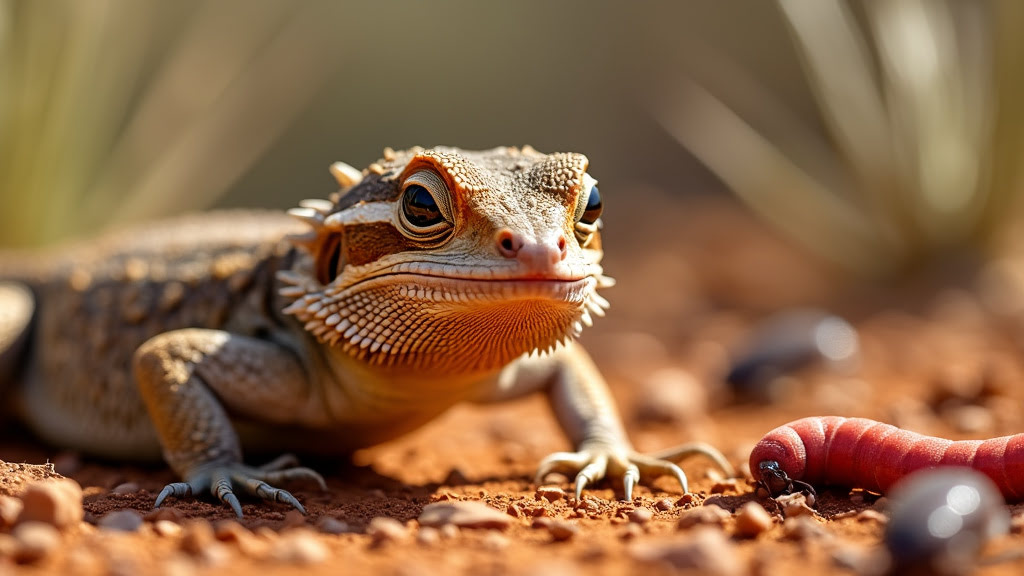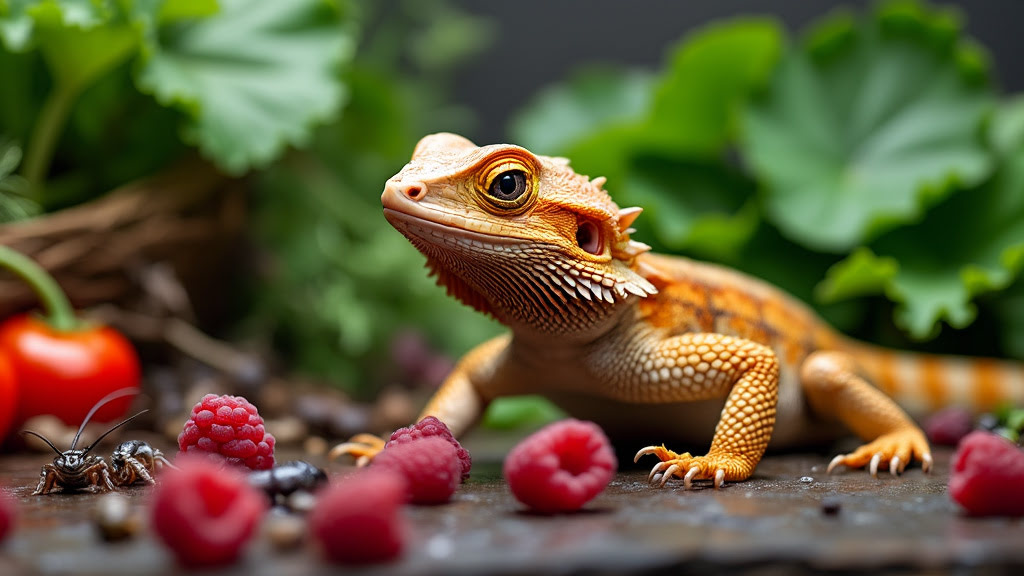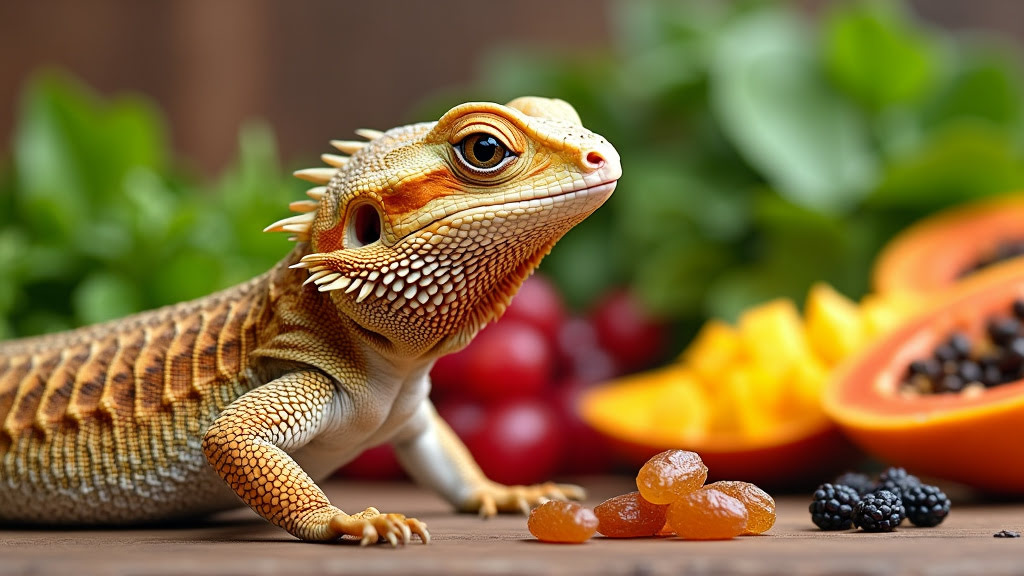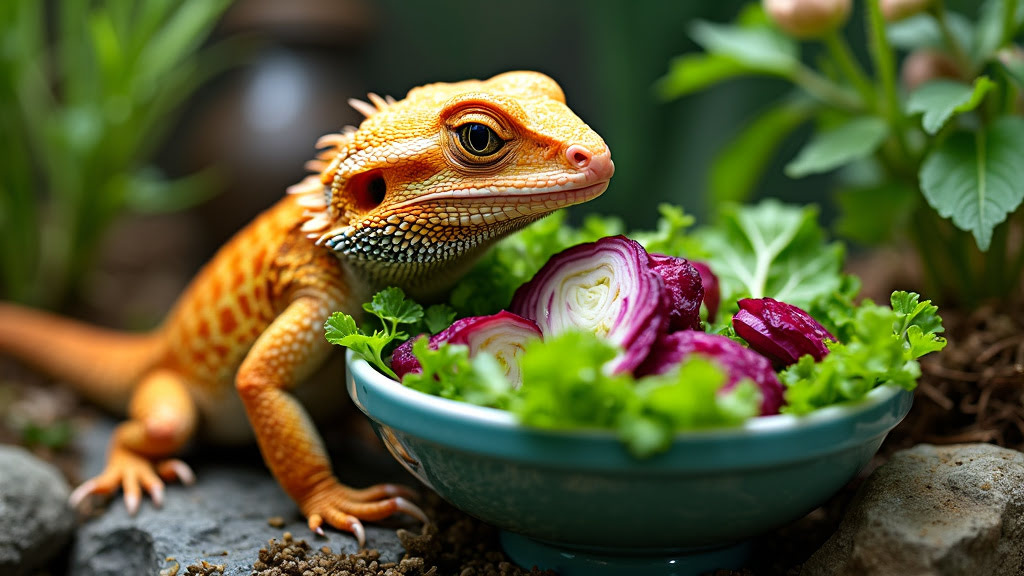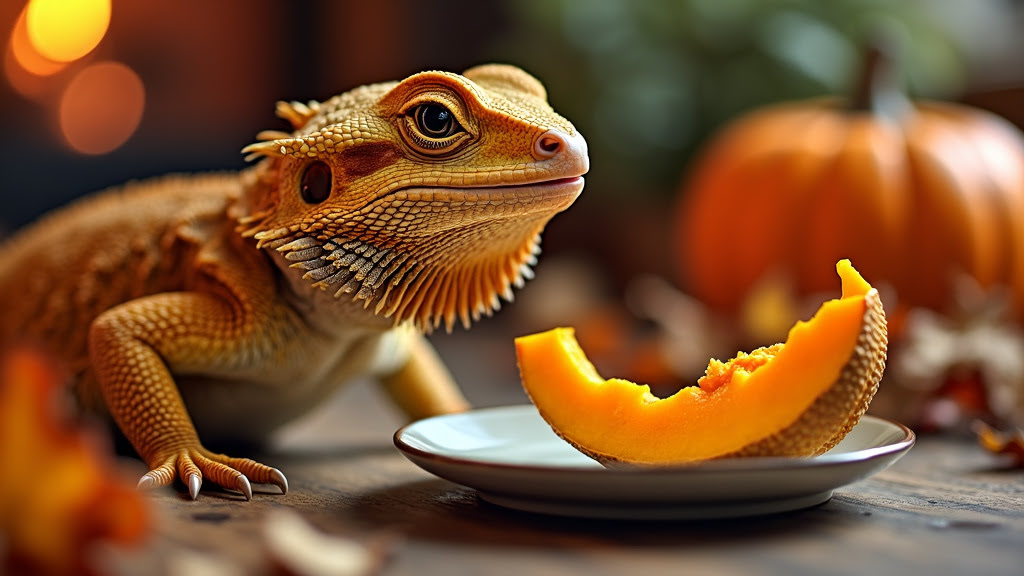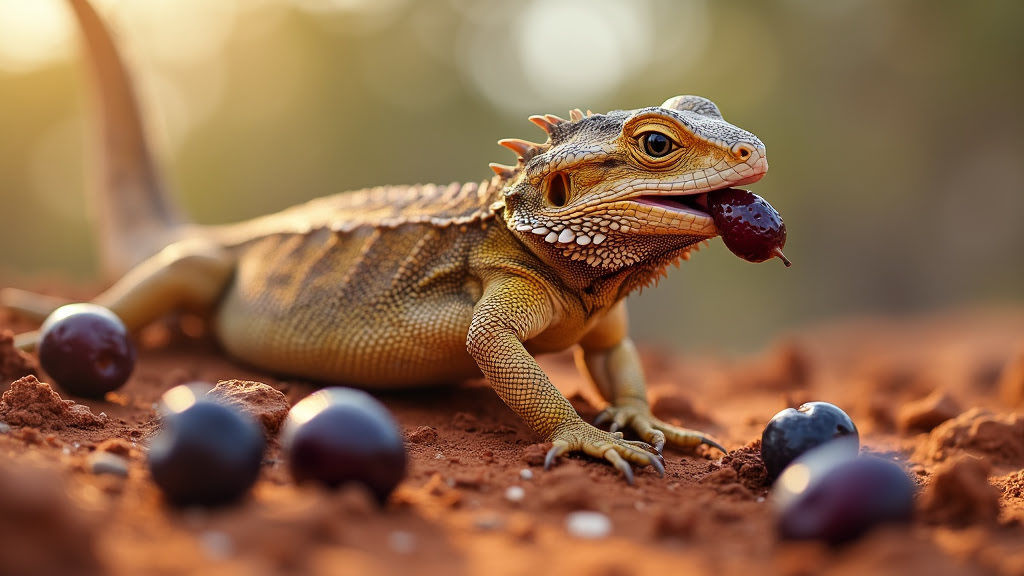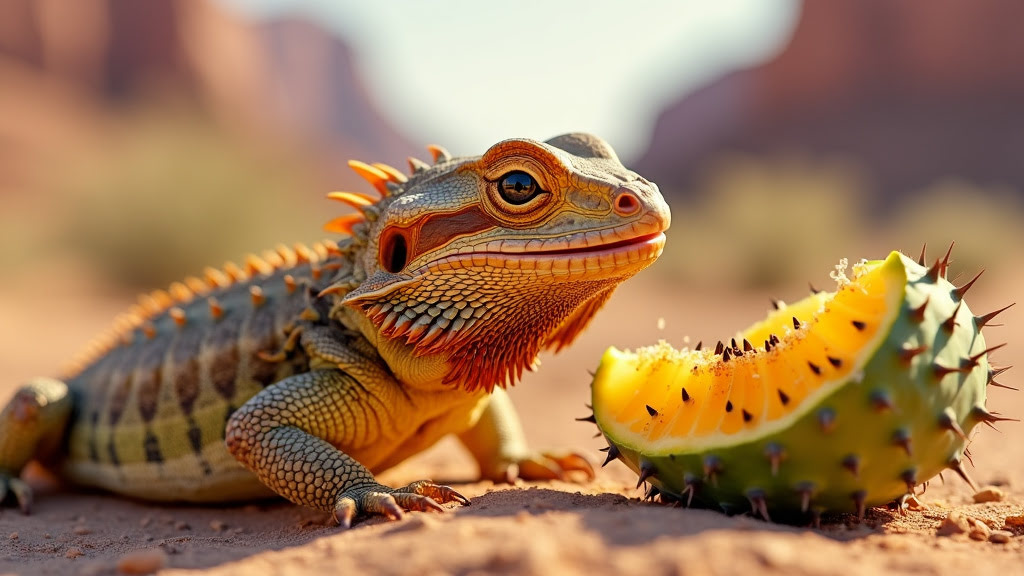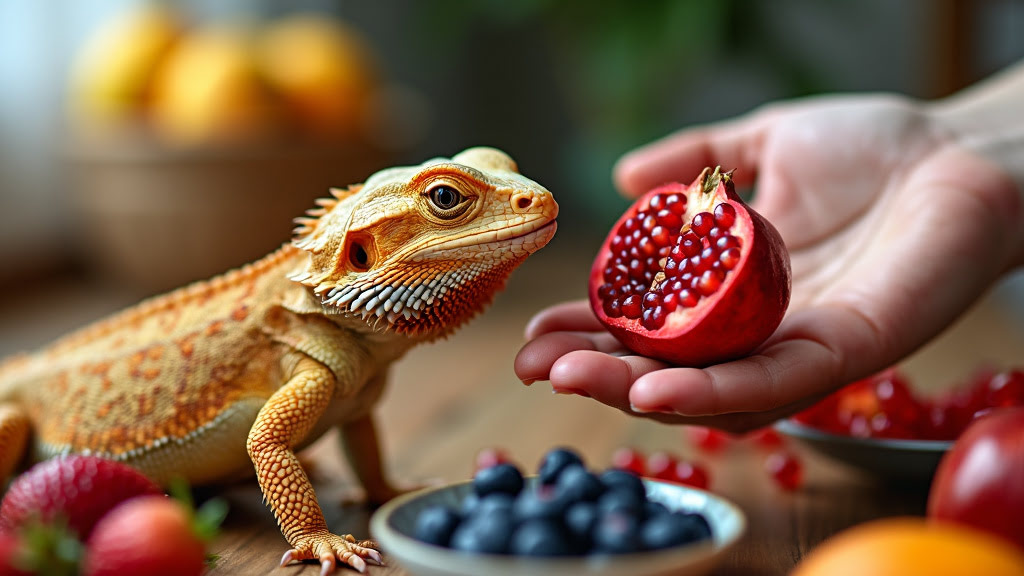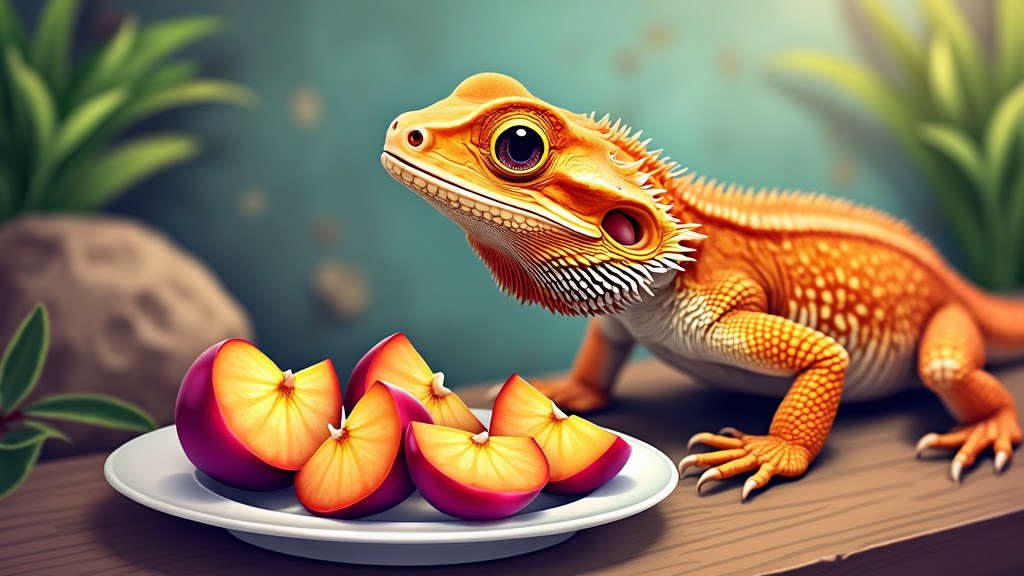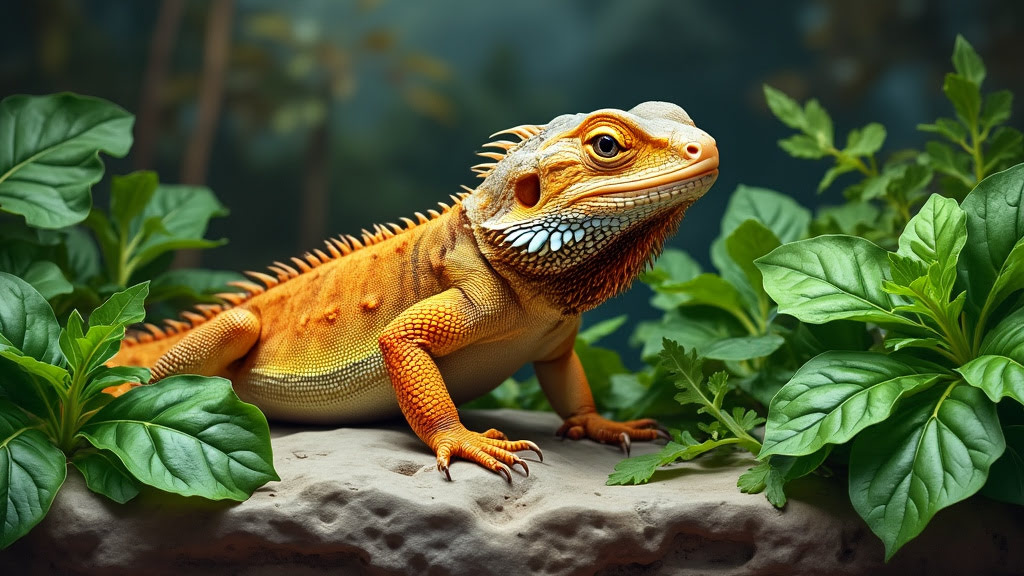Can Bearded Dragons Eat Redworms? A Guide to Their Diet and Nutrition
Feeding Time at Dug’s Bugs is always exciting. Just last week, I saw my little scaly friend Fred nibbling on a new treat—a redworm. His surprised look was amazing and it got me thinking: can bearded dragons eat redworms? And if they can, are they good for them? Let’s find out together what feeding redworms […]
Can Bearded Dragons Eat Redworms? A Guide to Their Diet and Nutrition Read More »

